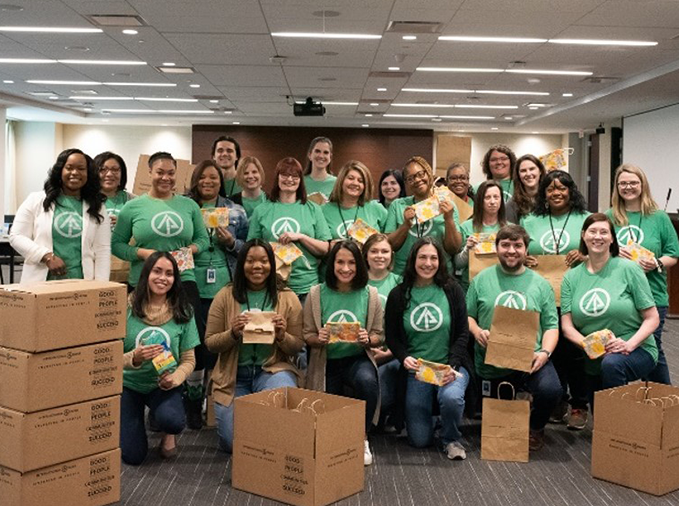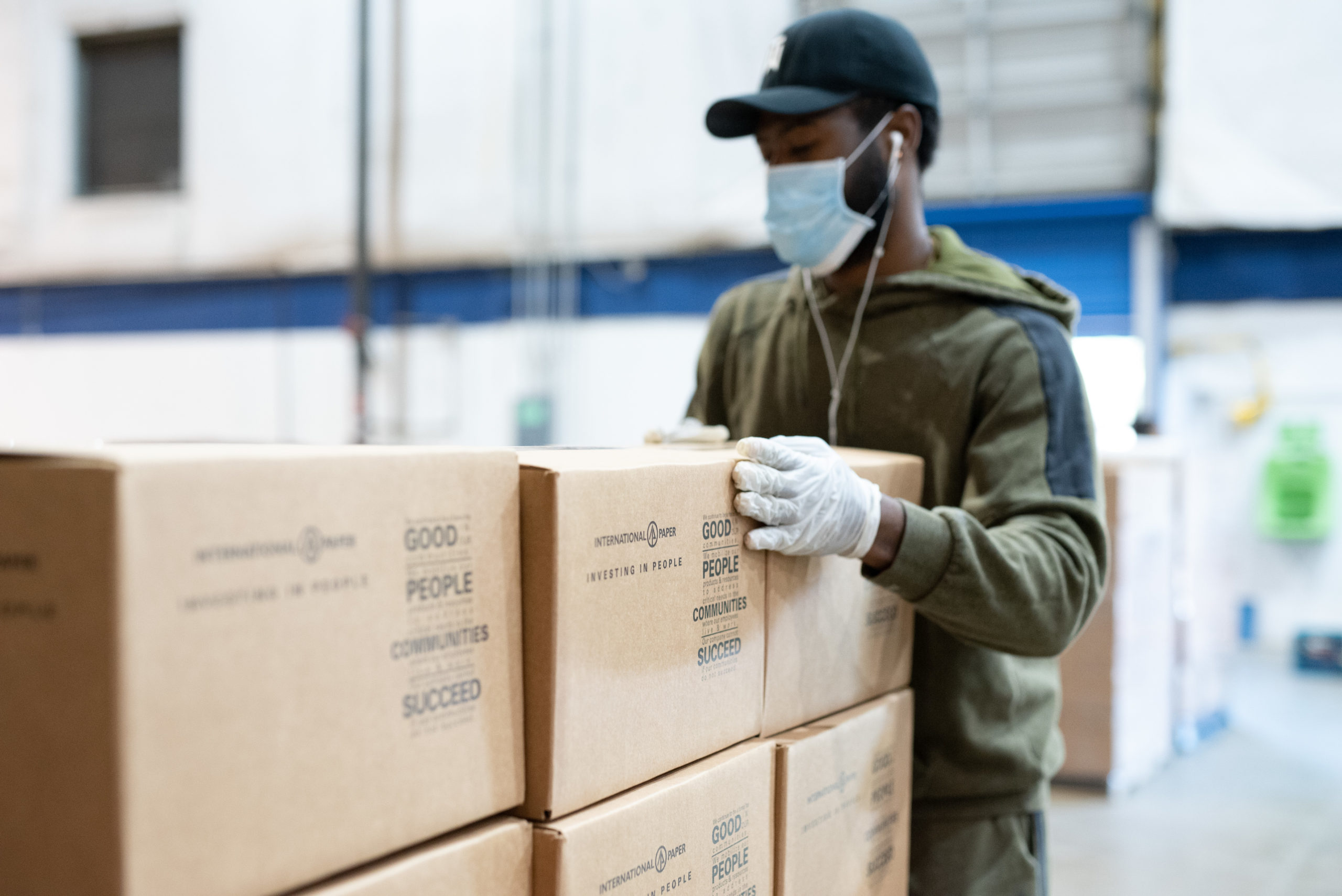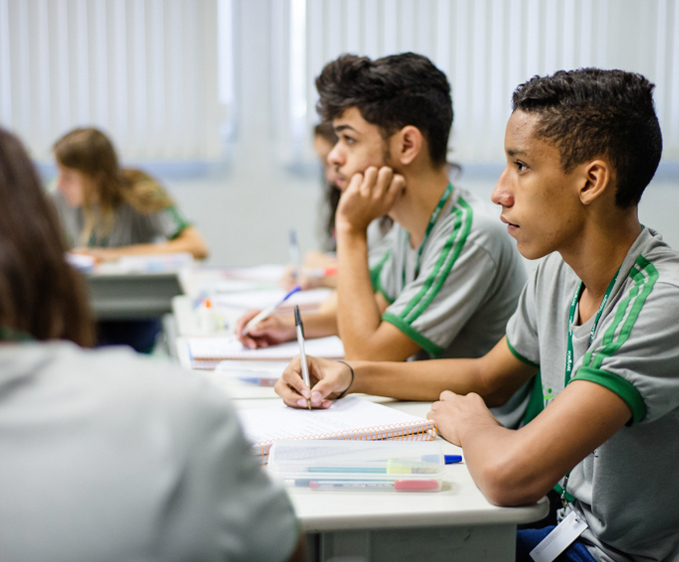Making a positive impact on people and the planet
There’s a good chance you haven’t thought too much about the box you received at your doorstep or the absorbent fiber in your baby’s diaper. However, did you know that by simply using those products, you are making a positive impact? Our use of forest products actually ensures healthy, long-lasting and abundant forests. Here are some things you might not know about fiber-based packaging, pulp and paper products, and how they positively affect the environment, people and the economy.
Using Fiber-Based Products Keeps Forests Growing
Think about the vegetables you eat. When grown, harvested and managed in an environmentally sustainable way, farmers are able to produce crops and replant again and again. Like food crops, forest products are renewable. Responsibly grown, managed and harvested forests provide a sustainable supply of fiber for products, while ensuring forestland remains forested — and positive carbon and climate impacts continue indefinitely. And the responsible management of forests enables many other benefits, including preserving wildlife habitat, water protection and recreation.

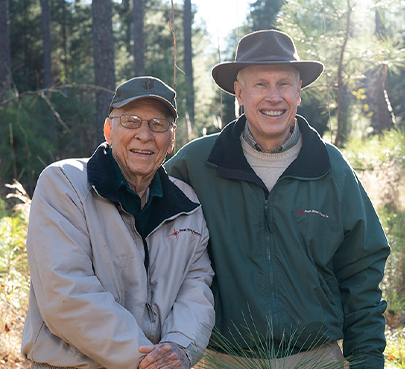
For many years, beginning in 1942 when my grandfather made his initial purchase of cut-over timberlands, most of the lands we have purchased and brought under proper, sustainable forest management had been poorly managed or depleted. Such activity requires patience and a long-term perspective. International Paper has gone extra lengths to help my family achieve dual forestry certification that benefits both us and International Paper.
David Barge
third generation landowner
Positive Global Progress
In 2015, the United Nations set out a plan of action for people, planet and prosperity with the launch of the Sustainable Development Goals (SDGs). They touch on everything from sustainable production to economic equity. We’re on board. At International Paper, we are making meaningful contributions to twelve of those goals that have particular relevance given the nature, scale and reach of our company.
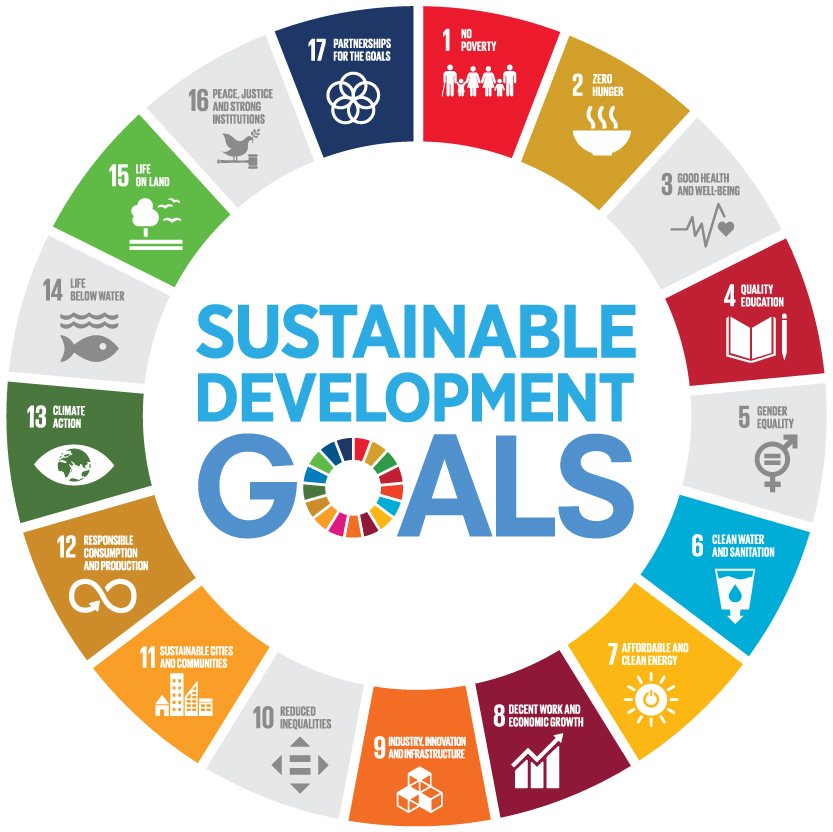
Supplying Customers with Sustainable Solutions
Fiber-based packaging, pulp and paper make the biggest companies in the world more sustainable by supplying them with planet-friendly products made from renewable resources, such as:
- Recyclable, sustainably made boxes that protect everything from your newly purchased smartphone to the vegetables and meats transported from farms to grocery stores
- Responsibly produced pulp that goes into diapers, feminine care products and other personal hygiene products
We’re also a closed-loop recycling partner for U.S. companies. In addition to collecting recyclable materials, we can place the fiber back into our own mill system to make new paper-based products.
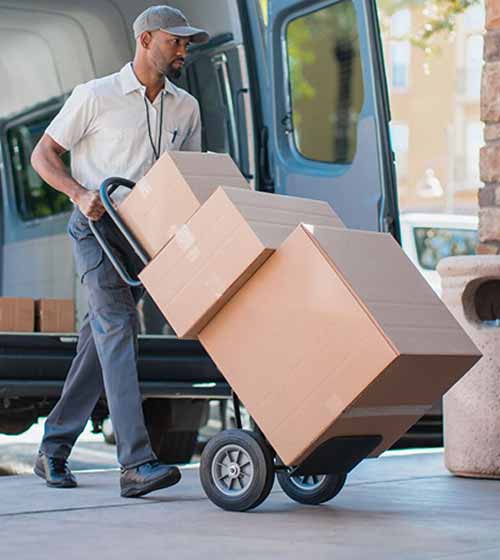
Keeping It Local
Our mills and facilities around the world are strategically located near managed forestland, allowing us to decrease transportation distances, which reduces emissions and use of fuel — providing cleaner air, a healthier planet and more jobs in local communities.
In the U.S., we are part of the EPA’s SmartWay program, which makes transporting freight cleaner and more efficient by reducing emissions and traffic.1
Fiber-based packaging, pulp and paper products are among the most recycled on earth.
Almost all paper-based products can be recycled. Corrugated boxes, in particular, are very easy to recover in most communities. By weight, more paper is recovered for recycling from U.S. municipal solid waste streams than glass, plastic, steel and aluminum combined, according to the EPA. And when recycling is not an option, some paper products are also compostable. See Recycling and Beyond for more.
Every ton of paper recovered for recycling saves 3.3 cubic yards of landfill space.2
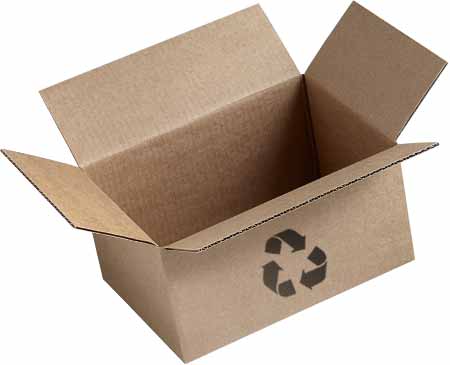
Fueling Local Economies
We’re proud that our production brings jobs to our communities, and we’re glad that we can support the places where we work.
- International Paper provides approximately 38,000 global jobs
- The U.S. forest products industry manufactures nearly $300 billion in products annually. It supports 2.5 million jobs through the supply chain. 3
- We’re committed to safe, caring and inclusive workplaces. We’ve set targets to continue to improve. See our Vision 2030 commitment here.
$300 billion industry
2.5 million jobs supported
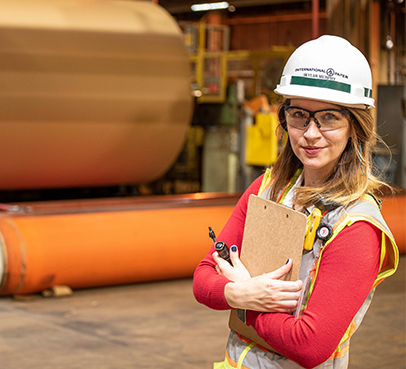
When a hurricane hit my community, I saw first-hand just how much IP truly cared about all of their people. IP went above and beyond to care about me and my family during an incredibly challenging time.
Skylar Murphy, Process Engineer
Orange, Texas Mill
We’re More Than A Manufacturing Company —We’re Embedded In Our Communities
We address critical community needs where our employees live and work. Globally, we provide volunteers and millions of dollars in donations annually to address hunger, health and wellness, education and disaster relief.
In 2021, we donated 160,000 corrugated boxes, bags and absorbent pulp products to nonprofits in our communities.
A Sustainable Way To Protect And Transport Goods
- Corrugated packaging is lightweight, lowering freight & handling costs with fewer trucks, less fuel and lower emissions.5
- Corrugated packaging is renewable and recyclable, making e-commerce more sustainable.6
- Corrugated packaging is the most recovered packaging material.7
- Corrugated packaging reduces the transfer of harmful bacteria.8
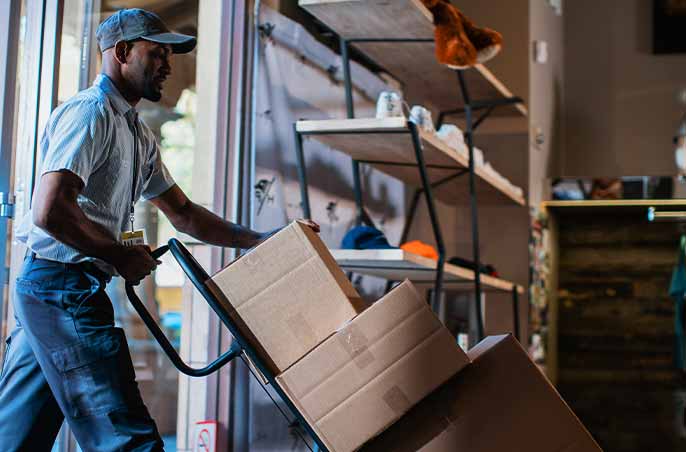
Corrugated packaging adds up to 3 days of shelf life to fresh foods over plastic packaging4
Reusable plastic containers (RPCs) weigh up to 4x more than corrugated packaging9
Soft, Absorbent Protection With Fiber-Based Pulp Products
Cellulose fiber (or pulp) is a sustainable, renewable material that is used in dozens of products you use every day, including diapers and feminine hygiene products, providing better health, peace of mind and clean softness.
We bring safety, quality, and innovation to products people depend on every day.
We bring comfort, dignity and confidence to people around the world with our fiber innovations. We produce responsibly-sourced cellulose fibers products for a wide range of applications – from absorbent hygiene, to tissue and towel products, as well as specialty applications.

Additional Resources
Downloads, fact sheets, reports and more.
FAQs
Answers to frequently asked questions about forestry, paper, packaging and pulp
Does Using Paper Products Kill Trees?
How responsibly produced paper products actually keep forests forested
Learn MoreAre Recycled Paper Products Always Better for the Planet?
Recycling is only part of the sustainability equation
Learn More